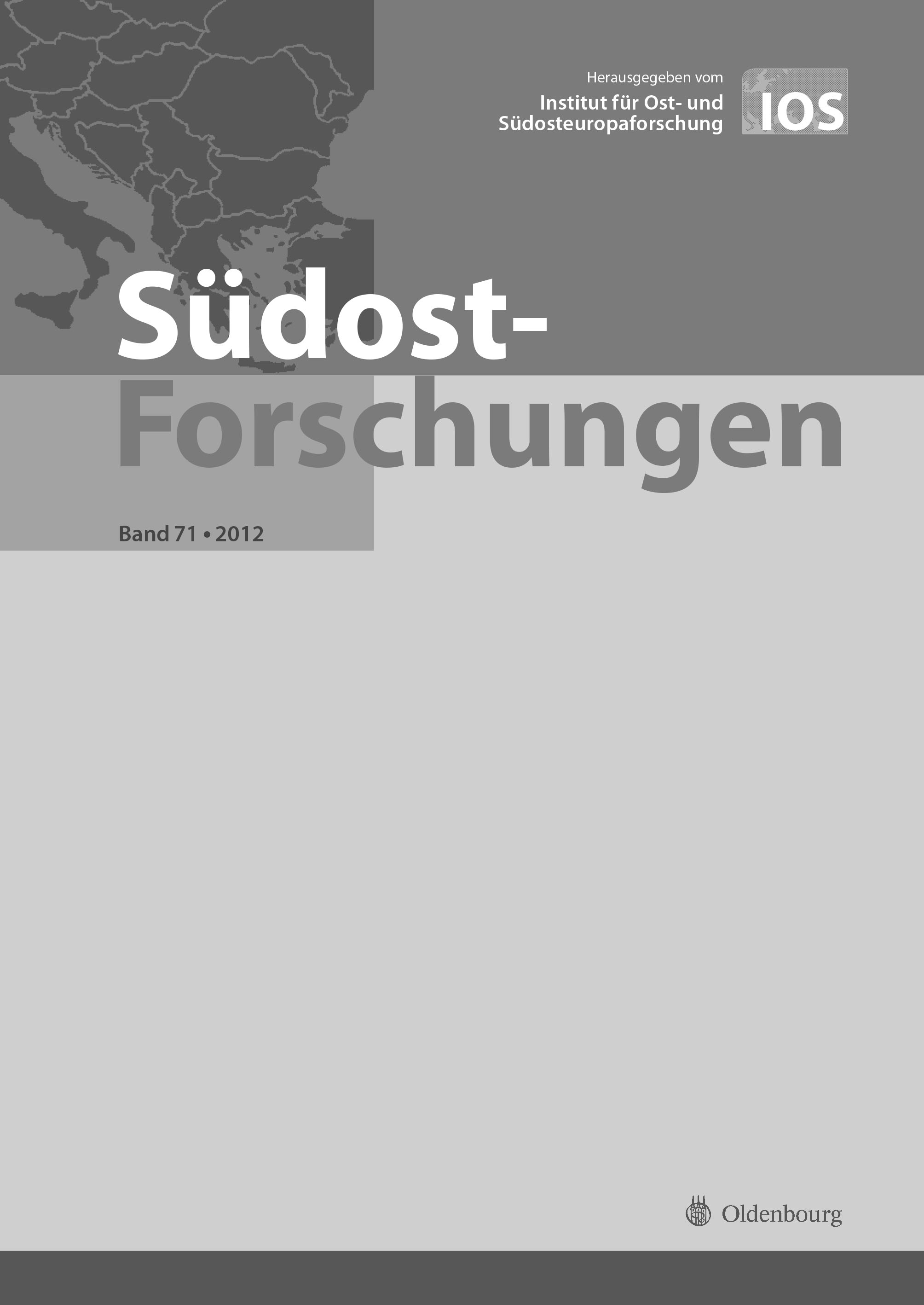Gewalt und Gewaltlosigkeit in der „Wende“ Bulgariens 1989
Violence and Non-Violence in the 1989 Bulgarian Regime Change
Author(s): Stefan TroebstSubject(s): Political history, Studies in violence and power, Post-War period (1950 - 1989), History of Communism
Published by: De Gruyter Oldenbourg
Summary/Abstract: On November 10, 1989, a majority in the Politbureau of the Bulgarian Communist Party’s Central Committee forced the long-standing party head Todor Zhivkov to ‘abdicate’ and thus to give way for a peaceful regime change that resulted in a democ ratization in the country. Political actors did not take for granted that in the Bulgarian case a ‘Romanian’ or even ‘Chinese Scenario’ was avoided. And indeed the ‘peaceful’process of democratization was accompanied by violence. This paper discusses this apparent contradiction by reconstructing the violent conflict between the communist state and its large Turkish minority. While the conflict began in 1984, in early 1989 it escalated into open clashes between security forces and Turkish demonstrators. In May 1989, the still anemic democratic opposition temporarily closed ranks with the Turks. In the summer of 1989, on Zhivkov’s order the regime staged a “mass migration psychosis” by propagandistic means, leading to the rapid flight of some 370 000 Turkish-speaking Bulgarian citizens to neighboring Turkey. Zhivkov’s abdication did not end the problem, and when the communist reformers announced in December 1989 that they would abolish anti-Turkish legislation, massive protests by party officials, secret police officers and Bulgarian nationalist groups arose in those parts of the country with high percentages of Turkish speaking citizens. Only in 1992 was the danger of violent escalation over.
Journal: Südost-Forschungen
- Issue Year: 2012
- Issue No: 71
- Page Range: 344-378
- Page Count: 35
- Language: German
- Content File-PDF

